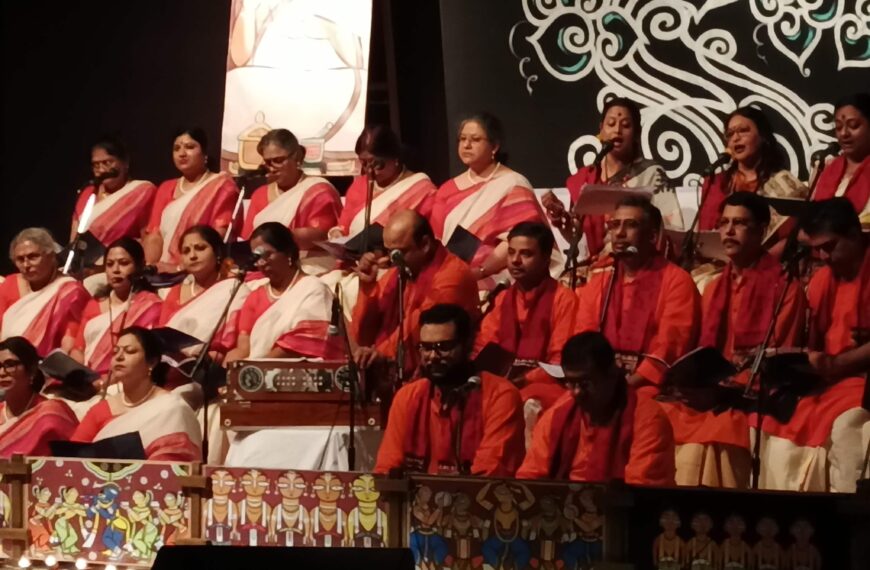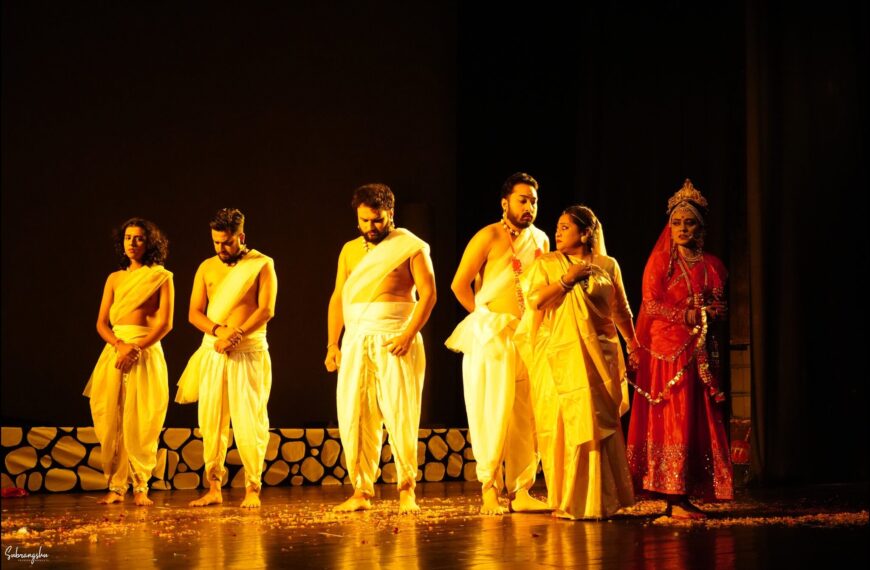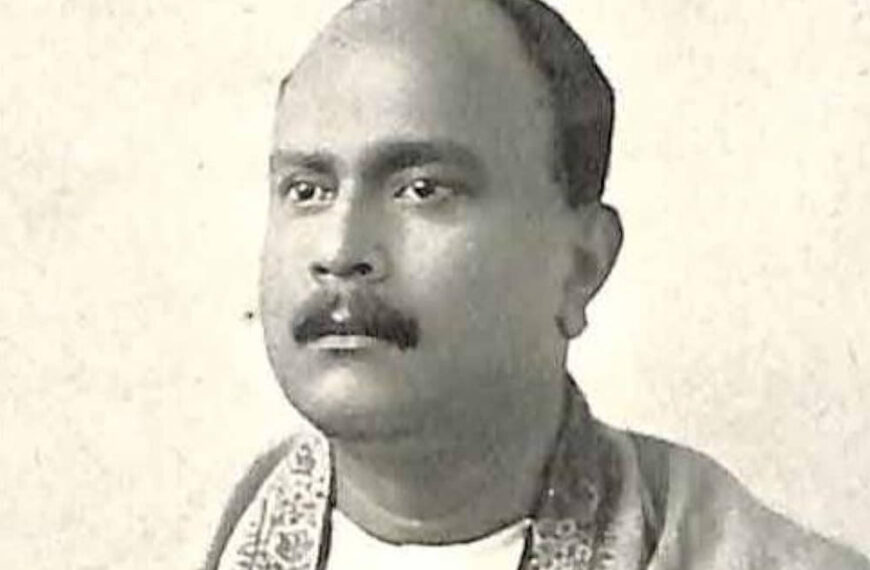Convivencia is the coexistence of different faiths in Spain, in early eighth century till the expulsion of Jews in 1492. It celebrates the common ancestry of Judaism, Islam and Christianity. The shared heritage s lost in the mists of time. Here’s a report by Joyce.
History hides behind many veils and waits to reveal itself only to those who care to look under the surface.
I first became interested in the period of time known as the ‘Convivencia’ when my world music singing ensemble, Abráce, added a song composed in Medieval Spain to our repertoire. The lyrics to Quando el Rey Nimrod were written in Ladino – a combination of Hebrew and Spanish – during a time in Spain’s history when Jews, Muslims and Christians were reportedly living together in relative peace. Modern historians differ as to the extent of religious diversity allowed under the Umayads and other Caliphates and Islamic Taifas in Spain, but there is no doubt that the Sephardim (Spain’s Jews) wrote poetry in Arabic and scholars from both religions exchanged ideas and appreciated each other in ways that might cause modern writers to take heed.
http://https://www.youtube.com/watch?v=v303WLMJ58E
Judah Alharizi’s The Book of Tahkemoni (Wisdom or the Heroic) is often referred to as the jewel of Hebrew maqamat literature – rhymed prose interspersed with verse. Alharizi based his work directly on the most famous maqamat of the previous century, The Assemblies of Al Hariri, written in Arabic by Al Hariri of Basra. Here is what the Jewish author says in tribute to his Muslim predecessor: “Attend, all ye who Wisdom’s walls defend. Wherever truth be run in all that men have said or sung, have you seen, heard, read, or tasted sweeter words than those of the master of rhymed prose, the Ishmaelite, that font of delight, right riddler, teller of tales who never fails, al-Hariri? Have you paid him note, heard that honeyed throat, seen the rare maqamat that he wrote? Behold how poetasters pant and run but cannot touch the fringes of his coat! His lines are Eden’s furrows laid anew, dripping with Heaven’s dew.” (Translated by David Simha Segal).
So, while Medieval Europeans lived in fear of falling sick from bathing, both Islamic and Jewish cultures were busy flowering in Spain, inventing new forms of literature, building on the sciences of the Greeks – inventing algebra and modern medicine, building huge libraries all across Spain.
There are also stories about Muslims and Sephardim banding together to resist the Inquisition’s ‘restoration’ of Spain. In 1492 all this came to naught, when Ferdinand and Isabella breached the defenses of Granada to claim all of Spain for Christendom and simultaneously expelled all the Jews from Spain. The royal pair burned every book in Granada written in Arabic, except those relating to medicine. It seems the same people it was fashionable to blame for the plague were expected to provide its cure! A few years later, 340,000 Muslims were booted out of Spain.
So what happened to the Convivencia? Was it truly destroyed? Every time Abráce sings Quando el rey Nimrod, in celebra tion of the birth of Abraham, my fellow singers and I think about how Judaism, Islam and Christianity share a common ancestry. We reflect on how this deep connection is now buried in the mists of time, waiting for us to unearth our shared heritage.
tion of the birth of Abraham, my fellow singers and I think about how Judaism, Islam and Christianity share a common ancestry. We reflect on how this deep connection is now buried in the mists of time, waiting for us to unearth our shared heritage.
Whether we are performing a sacred Catholic song in archaic Guatemalan, an Afro-Cuban “call-and-response” to the deities of Nature, an Israeli-Palestinian peace song, a European Madrigal or a Bengali folksong, Abrace seeks to embrace each culture with equal reverence and appreciation. For us that is the true meaning of Convivencia and it lives within each accepting heart on our planet.
This year, Spain passed a law offering citizenship to all people of Sephardic origin whose ancestors were forced to leave their country. They have not made the same offer to Muslims who were deported, but we can always hope for the better!

Pix and Video from Net


 By
By


 By
By
Absolutely fascinating. Thank you for writing this.
Thank you Beyniaz.